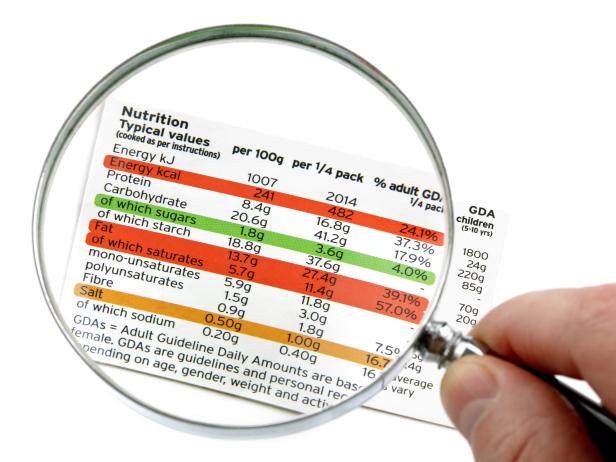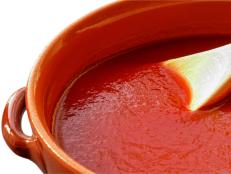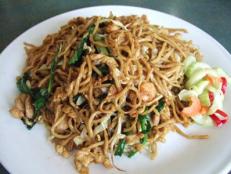Ask the Experts: Myth Busters!

Brian Jackson
Dietitians are always trying to dispel the obscene amount of nutrition myths floating out in the world. We asked nutrition experts around the country about their favorite (or rather, least favorite!) nutrition myths and how they set the record straight.
BUSTED: Bonnie Tandy Leblang, MS, RD clears this issue up by saying:
“In terms of vitamins and minerals, organic foods are generally no more nutritious than conventionally grown foods. Organic refers to the way the food is grown, handled and processed -- that is without the use of pesticides, fertilizers, antibiotics, hormones or, in the case of milk and meat, steroids."
BUSTED: Janice Newell Bissex, MS, RD co-founder MealMakeoverMoms.com explains:
"Eggs are a nutrient dense food (especially the egg yolk) providing important nutrients like protein, vitamin E, vitamin D, choline, lutein and omega-3 fats.”
BUSTED: Nutrition Babes Lauren Harris-Pincus, MS, RD and Kathy Siegel, RD, CDN instruct their clients by saying:
“Healthy fats from sources like olive oil, avocados, fish, nuts and seeds are an important part of a healthy diet. Fat-free foods are usually highly processed and filled with chemicals to help them mimic the flavor of their full fat counterparts.”
BUSTED: Karen Giles-Smith, MS RD takes a scientific approach:
“According to a recent research review in the Journal of the American College of Nutrition, there is no conclusive evidence that consuming milk increases mucus production and aggravates the congestion of colds, allergies, or asthma. It may be that the protein and/or fat in milk temporarily “coats” the throat, leading to a perception of mucus accumulation.”
BUSTED: Rachel Begun, MS, RD says it’s all about choices:
“If eating gluten free means replacing highly processed foods with nutrient-dense foods, taking in the proper amount of calories and getting regular exercise, then you can lose weight on a gluten-free diet. If gluten free means eating mostly highly processed, empty-calorie, gluten-free foods, then you aren't likely to lose weight. For those who don't have a gluten related disorder, it's important to make the distinction between removing gluten and making smarter choices. It's the latter that leads to lead weight loss."


































